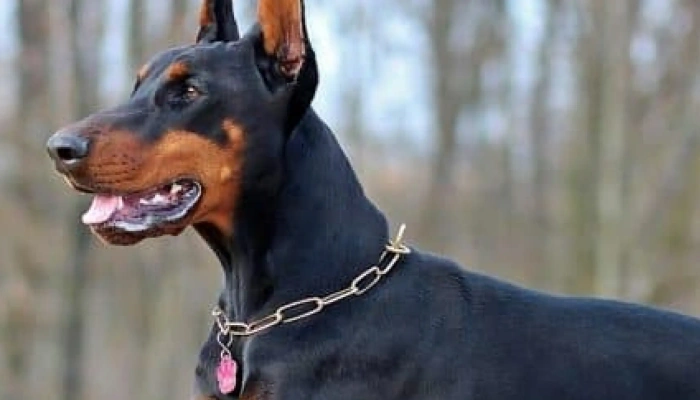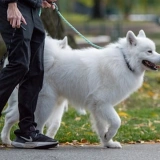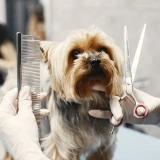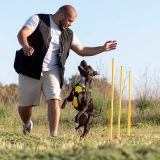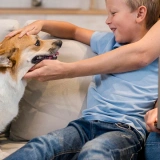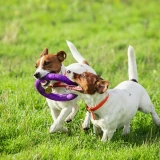The Doberman Pinscher, often simply called the Doberman, was developed in Germany in the late 19th century by a tax collector named Karl Friedrich Louis Dobermann. He wanted a loyal, protective companion — and that’s exactly what this breed became.
Dobermans are sleek, muscular, and alert dogs known for their courage and devotion. They’re natural protectors, often forming intense bonds with their families and being especially watchful of strangers. Despite their reputation, well-bred and properly trained Dobermans are affectionate, obedient, and surprisingly sensitive.
They are highly intelligent and quick learners, which makes them excellent candidates for obedience, working roles, and canine sports — but they need structured training, exercise, and socialization from an early age.

